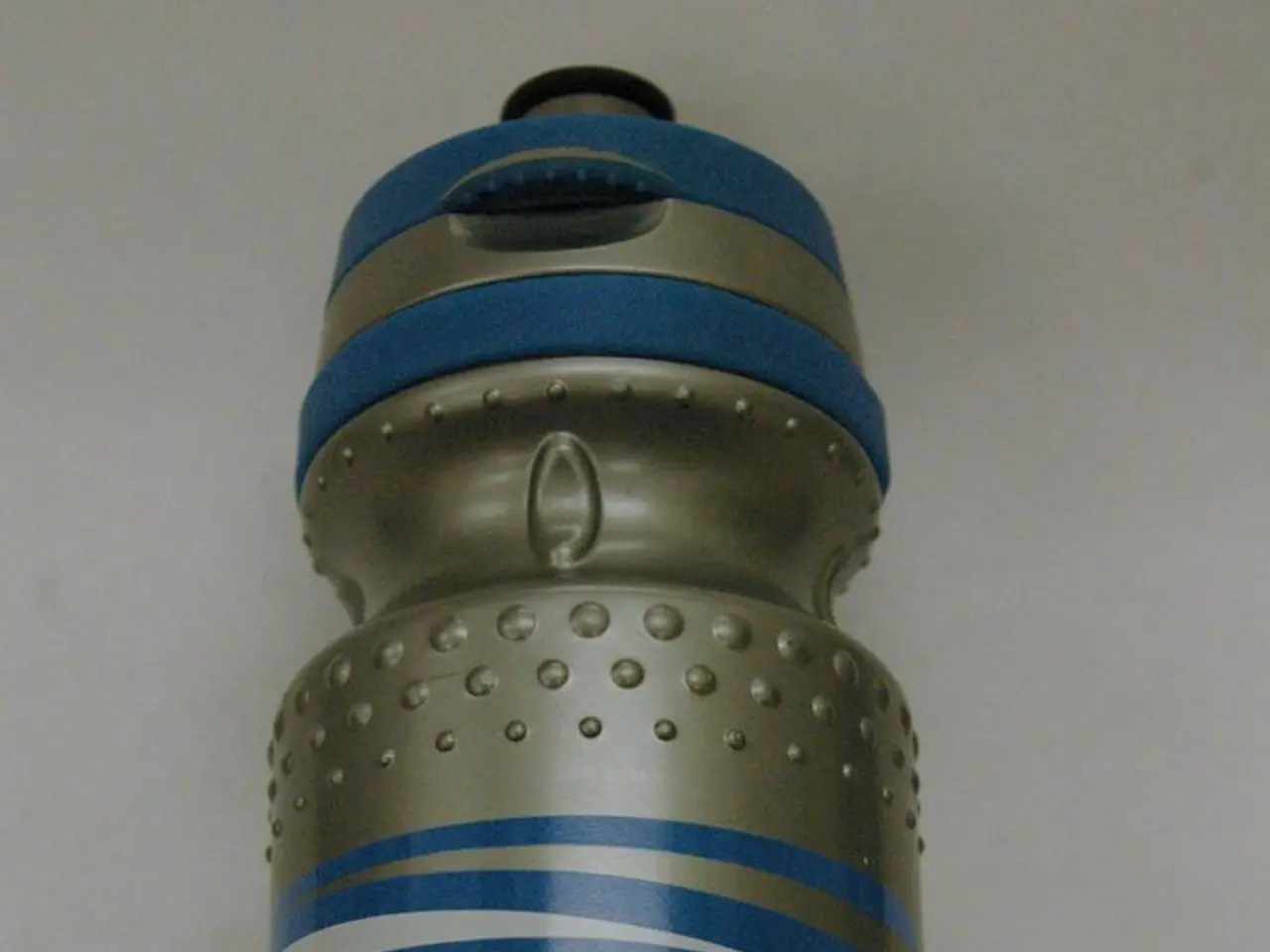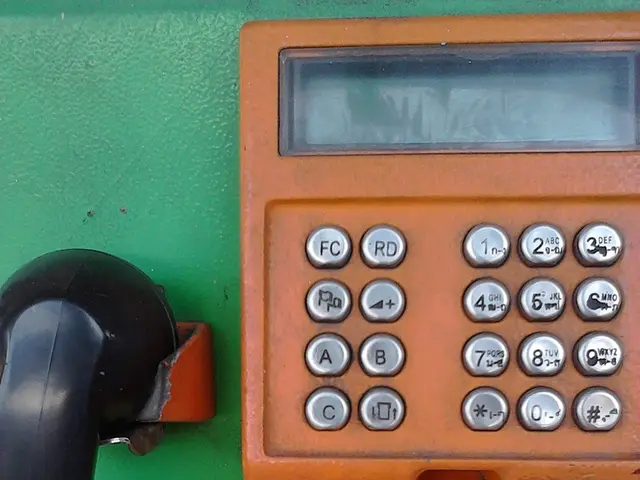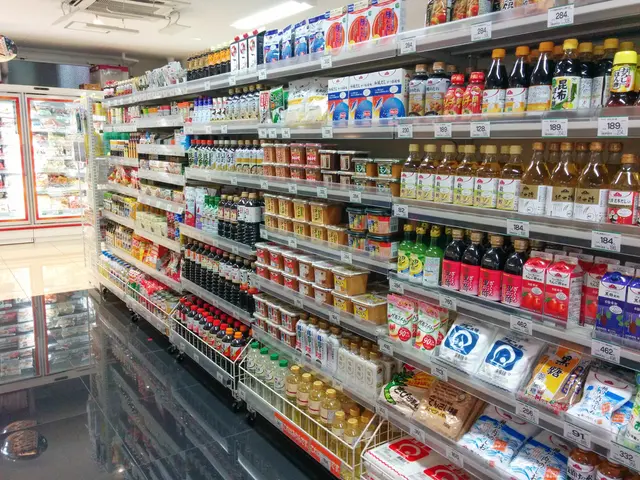European duo to shut down operations
In the heart of Europe, the steam cracker industry is experiencing a significant decline, marked by high energy costs, cost disadvantages, and intense global competition. Over the past few years, the production capacity, including steam cracking facilities, has shrunk substantially, with more than 11 million tonnes of capacity being lost across 21 major sites [1].
This cost disadvantage, coupled with weakened investment and increased imports of feedstocks, has led many European producers to shut down or consider relocation. The competition from larger, more efficient steam crackers in China and other regions further exacerbates Europe’s challenges, as these competitors benefit from lower energy costs and scale advantages [1].
In response, the European Commission has proposed a comprehensive Chemicals Industry Action Plan, aiming to strengthen the competitiveness and modernization of the chemical sector. Key elements of this plan include establishing a Critical Chemicals Alliance, extending compensation under the Emissions Trading System (ETS) to more electricity-intensive producers, simplifying regulatory burdens, encouraging the adoption of low-carbon technologies, providing more state aid and trade defense measures, and focusing on securing domestic demand for “clean and made-in-Europe chemicals” [2][3][5].
EU officials explicitly recognise steam crackers as essential to the EU economy and are working to retain these assets despite ongoing pressures [2][3][4]. However, despite these supportive measures, the systemic cost disadvantages and fierce global competition imply that without major technological shifts, substantial political and financial backing, and possibly restructuring, the long-term outlook for steam crackers in Europe remains challenging.
Notable changes include Sabic's decision to close its olefins cracker in Teesside, UK, and Dow Chemical's plan to shut down its cracker in Boehlen, Germany, by the end of 2027 [1]. LyondellBasell is also negotiating to sell four olefin and polyolefin plants in Europe, while Ineos is building a new ethylene cracker expected to come online in 2027 [1].
On the other hand, Versalis, an Eni subsidiary, plans to convert a cracker into a biorefinery in Italy at a cost of around €800-900 million, refocusing on high value products and specialty polymers, with the biorefinery expected to start up in 2028 [1].
Meanwhile, China continues to invest in further chemical capacity, but trade tensions with the US, particularly around industrial supply chains, are ramping up concerns [1]. China's ethylene production is not immune to trade uncertainty, with the Trump administration restricting US ethane exports to China [1].
Olivia Steele, olefins research analyst at Wood Mackenzie, states there is 2.3 million tonnes of ethylene capacity for sale in Europe [1]. Politicians in the UK and EU are beginning to realise that domestic production needs support [1]. The European Commission acknowledges that the chemical industry plays a pivotal role in supporting Europe's industrial competitiveness [1].
In conclusion, the European steam cracker industry is undergoing a significant transformation, with challenges from high energy costs, global competition, and structural issues. The EU Commission's recent policy package offers hope for stabilisation and modernisation, but overcoming these challenges will require sustained effort, innovation, and potentially restructuring.
References: [1] Wood Mackenzie (2021) European Cracker Market Outlook. [2] European Commission (2021) Chemicals Industry Action Plan. [3] European Commission (2021) State Aid Guidelines for the Energy Sector. [4] European Commission (2021) Trade Defence Instruments. [5] European Parliament (2021) Resolution on the Competitiveness of the EU Chemicals Industry.
- Against the backdrop of the chemical industry, the finance sector and the business community are closely watching the European Commission's proposed Chemicals Industry Action Plan, as it aims to address the challenges faced by the steam cracker industry, including competition from China and other regions.
- In an attempt to secure domestic demand for "clean and made-in-Europe chemicals," the European Commission is focusing on providing more state aid, simplifying regulatory burdens, and encouraging the adoption of low-carbon technologies in the chemical sector.
- As global competition intensifies, the European steam cracker industry is considering various strategic moves, such as the conversion of crackers into biorefineries, like Versalis' plan in Italy, or the construction of new, more efficient facilities, such as Ineos' new ethylene cracker in Europe.





